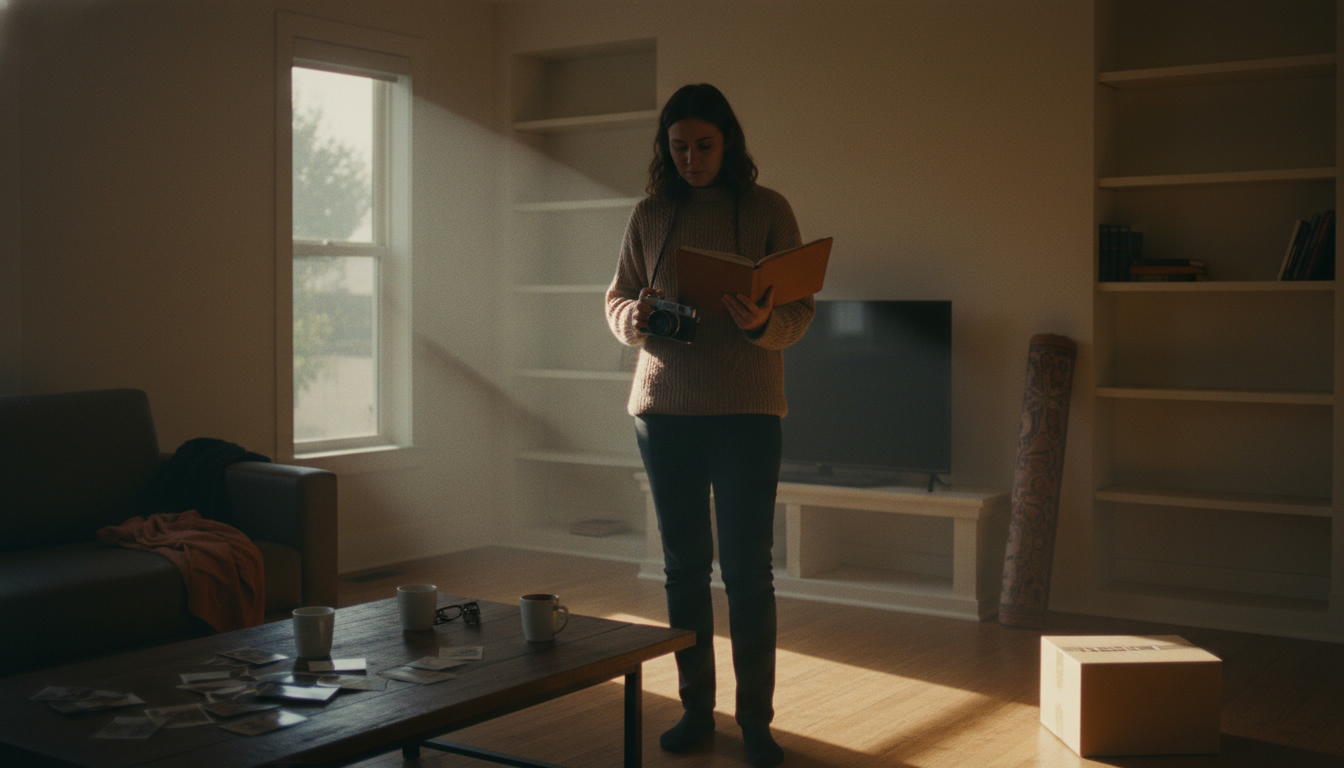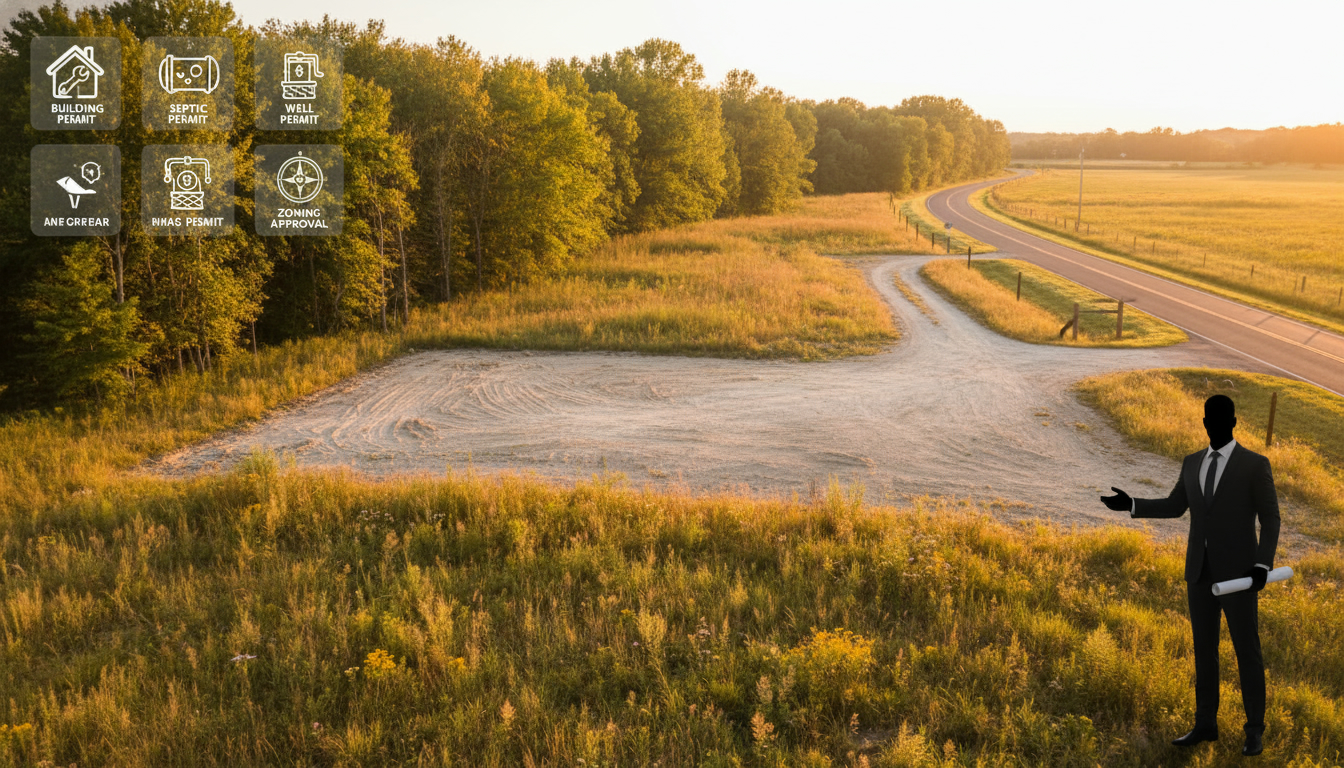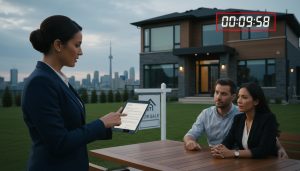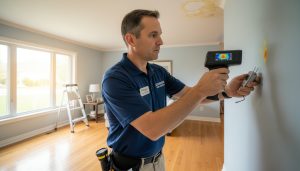What permits do buyers ask about for rural lots?
Want to buy a rural lot? Here are the permits buyers always ask about — and why they make or break the deal.
Quick answer
Buyers ask for proof of building permits, septic permits, well permits, zoning compliance, conservation/environmental approvals, driveway/access permits, and utility connection agreements. These determine whether you can build, live, and insure the property.
Why permits matter for rural lots
Rural properties look simple on paper. In reality, land is full of legal, environmental, and infrastructure constraints. Missing permits mean major costs, delays, or impossible builds. Smart buyers confirm permits before writing an offer.

Core permits buyers request
- Building permit (rural lot): Confirms local municipality allows your intended structure and construction plan. Must match official zoning and building codes.
- Septic permit / sewage approval: Required to install an on-site sewage system. Confirm soil tests, bed design, and approval from health or environmental authorities.
- Well permit / water rights: Required for drilling or using a private well. Includes water testing and yield reports.
- Zoning and land-use compliance: Shows permitted uses, setbacks, lot coverage, accessory buildings, and agricultural restrictions.
Environmental and conservation permits
- Conservation authority or watershed approvals: Required near creeks, wetlands, or floodplains. Can limit building envelopes or require engineered plans.
- Wetland or shoreline permits: Protects sensitive areas. These often prevent development or add mitigation costs.
Access, roads and grading permits
- Driveway/culvert permit: Required if you connect to a public road. Municipalities require engineered culverts and drainage plans.
- Grading and fill permits: Required if you alter topography, protect neighbours from runoff, or build terraces.
Utilities and service agreements
- Hydro/electric connection agreements: Cost and timeline for bringing power to the lot.
- Gas or propane, internet and phone: Confirm availability and install permits. Many rural builds need alternative energy planning.

Easements, rights-of-way and legal restrictions
Buyers ask for registered easements, right-of-way agreements, and restrictive covenants. These affect access, utility placement, and future use.
Practical checklist for buyers (use with your offer)
- Request copies of issued permits and recent approvals.
- Confirm septic and well reports are current.
- Ask the municipality for zoning letter and building feasibility.
- Check conservation authority mapping and permit history.
- Request utility cost estimates and connection timelines.
- Review title for easements or restrictive covenants.
Final word
If you want rural, luxury, or unique property, permits are the gatekeepers. Don’t assume anything. Verify documents, talk to the municipality, and get technical reports before you buy. That’s how you avoid surprise costs and preserve value.
For expert help navigating rural lot permits and buying strategy, contact local realtor Tony Sousa at tony@sousasells.ca or 416-477-2620. Visit https://www.sousasells.ca for listings and permit guidance.




















